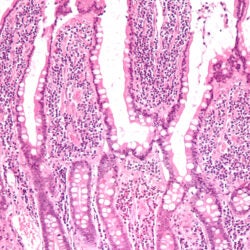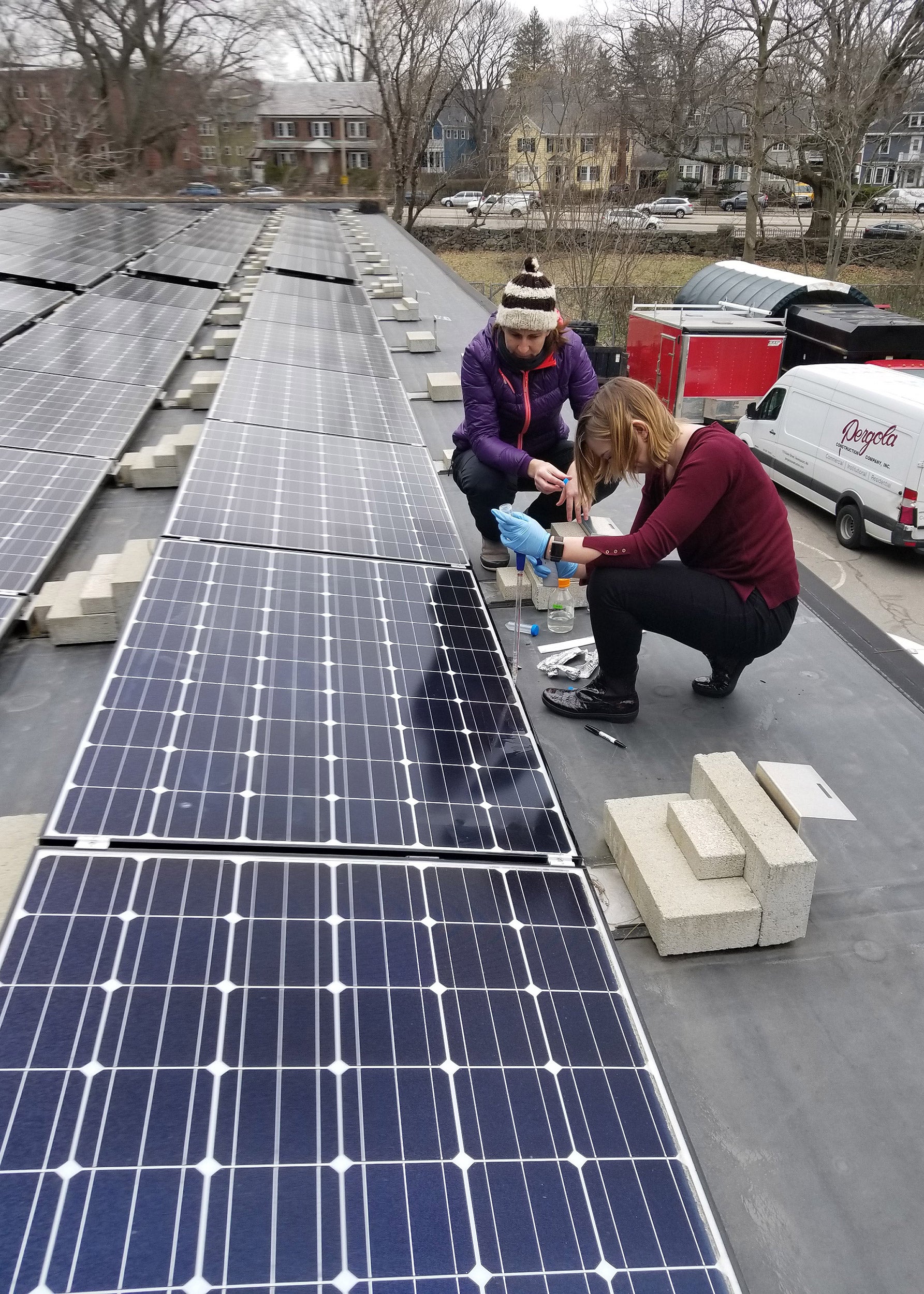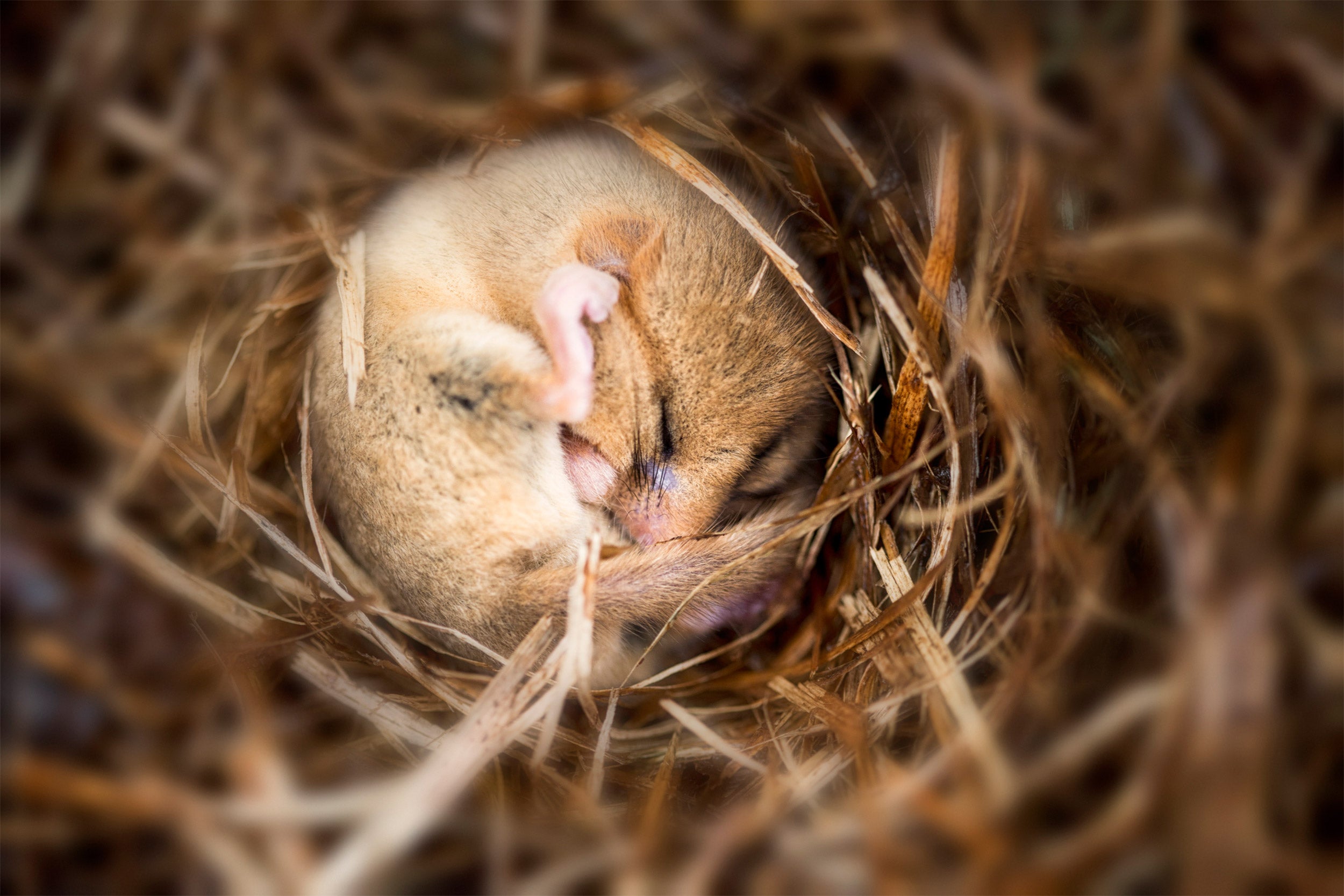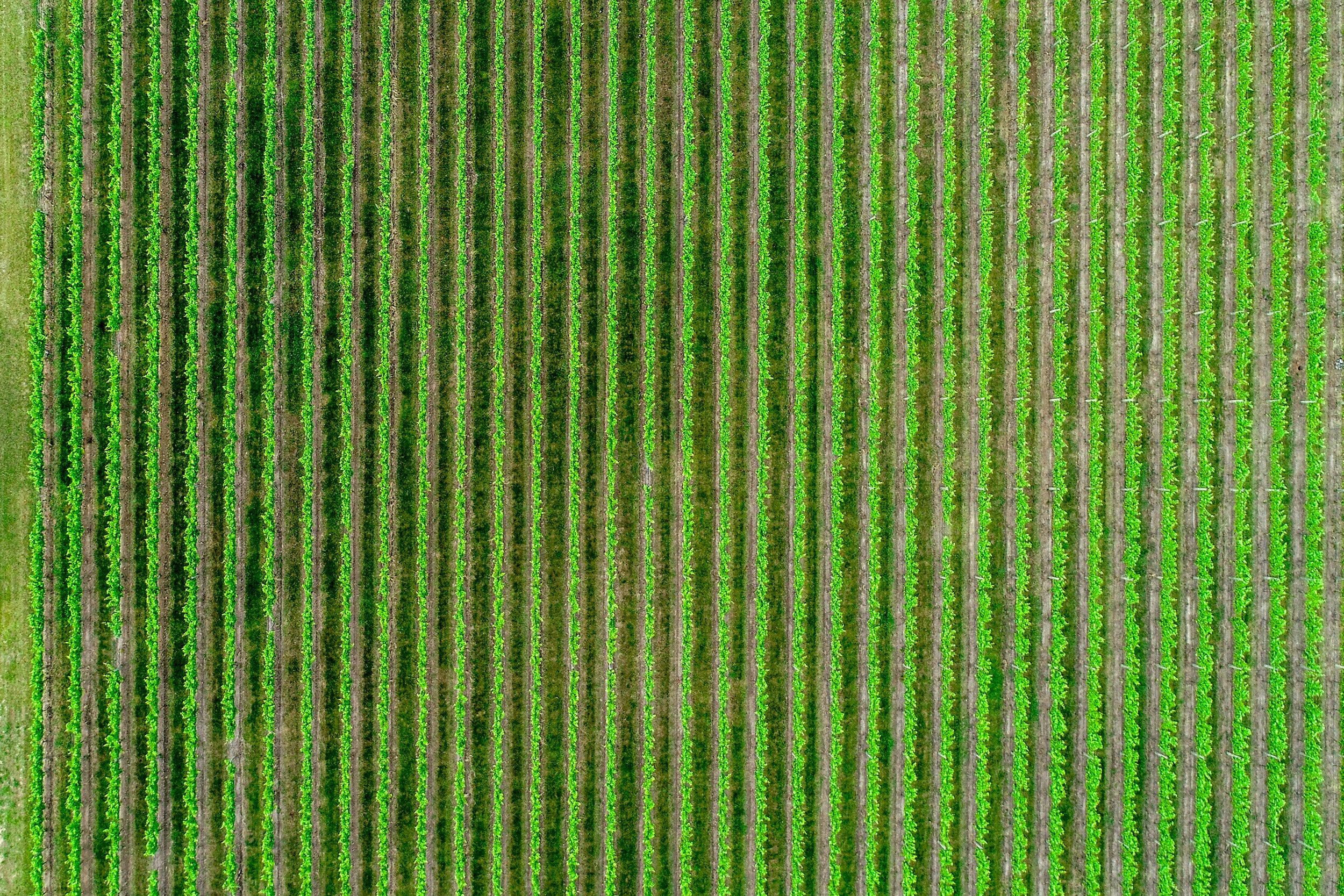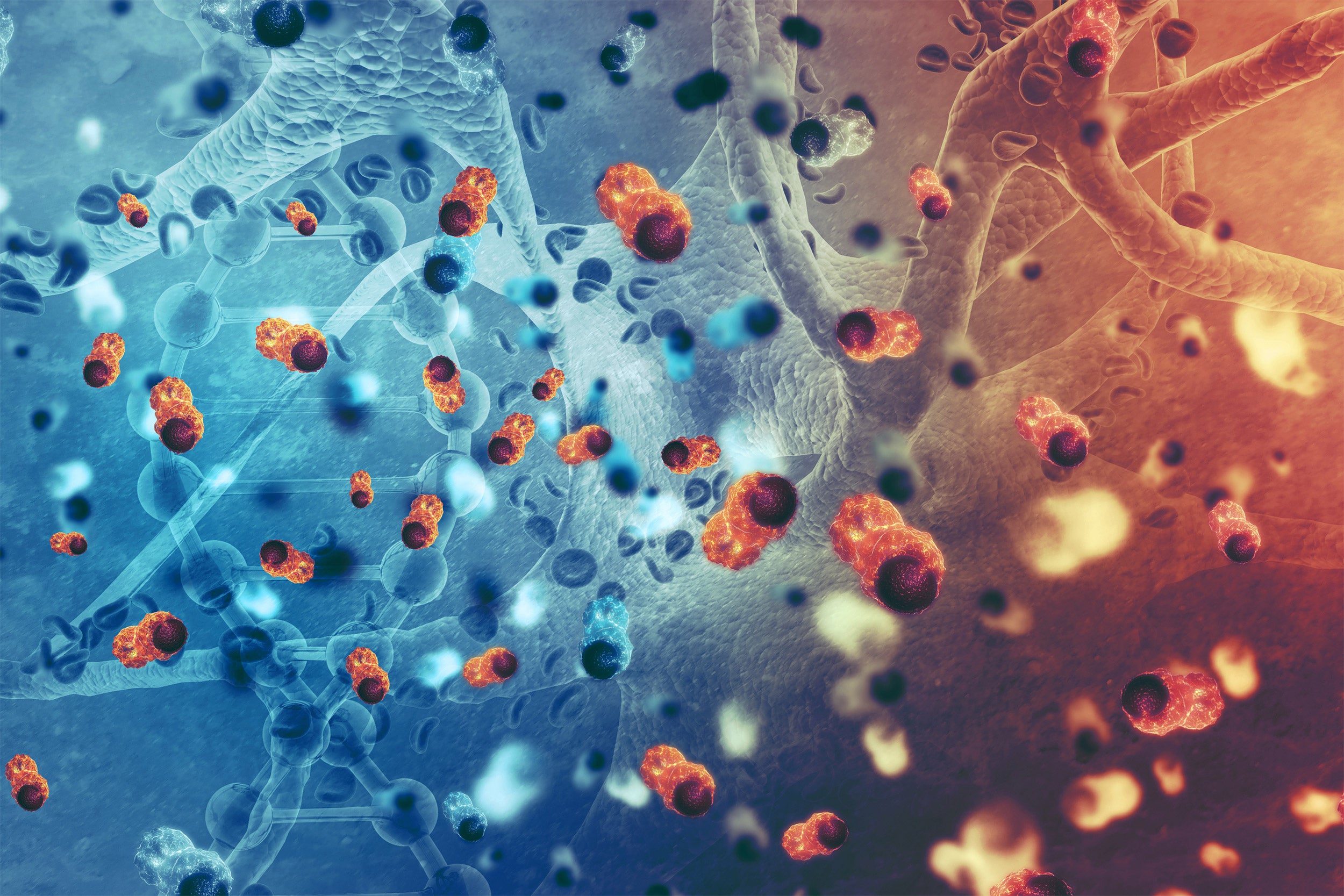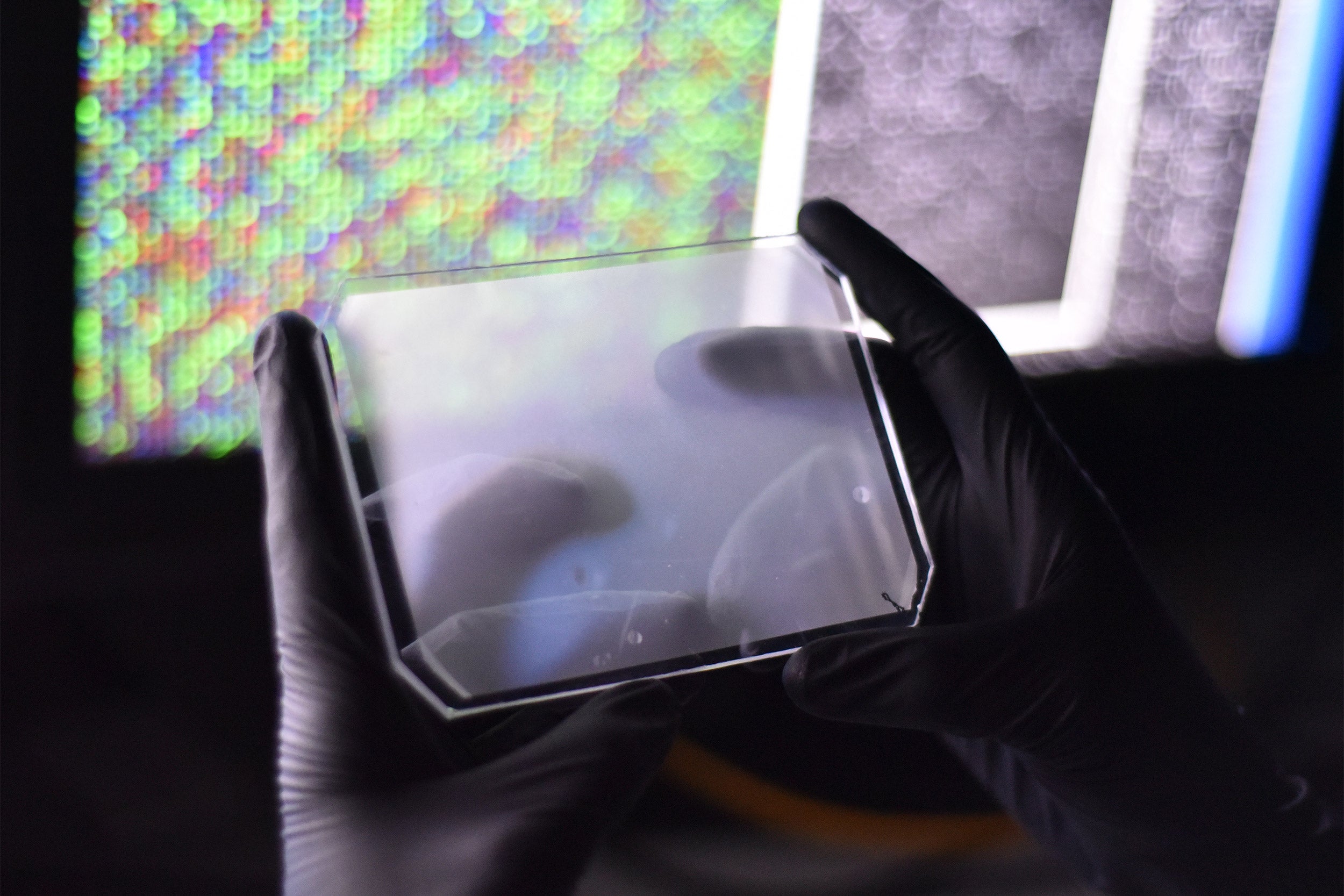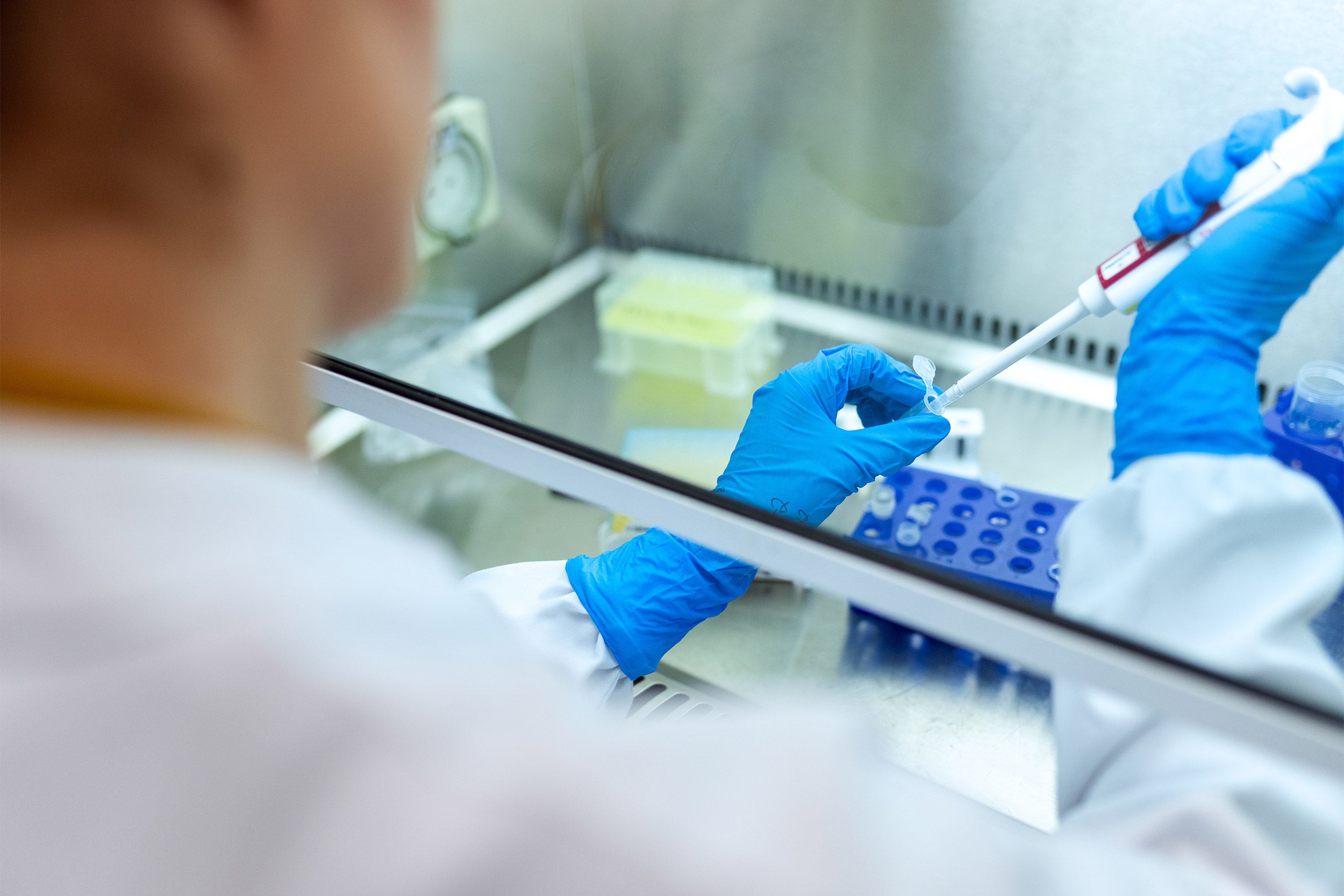Synthetic lining offers better drug delivery to small intestine
Researchers have developed a synthetic lining that could deliver drugs in a sustained way to the small intestine, offering hope for those suffering from lactose intolerance, diabetes, and obesity.
Aug. 26, 2020 • ~4 min

